Interview with Engineer jrmichler
Today we get to know a little more about Engineering Mentor jrmichler!
Table of Contents
Tell us a bit about your education and academic years
Two years college (UW-Madison) in electrical engineering. Burned out (two semesters of 21 credits, tired of poverty, needed to think some things through), dropped out, joined US Air Force.
Four years later, had traveled across the country by commercial air, small airplane, motorcycle, hitchhike, and 1955 Ford truck. Also had a savings account, the G.I. Bill (college scholarship), a commercial pilot license, and a better idea of what I wanted to do.
Tell us a bit about your career in milling engineering
Returned to college and changed major to mechanical engineering. Got a mill engineering job in a paper mill in central Wisconsin. That was a great job where I used something from every single class I had taken. Realized after nine years that I had done almost everything that I ever would do in the plant engineering field, so left after ten years.
Tell us about your teaching and other work experience
Started a business, had a couple of hot leads that did not pan out, ended up selling a machine that I had invented several years earlier. This included paying royalties to my ex-employer to use my own patent, which was a good deal for everybody concerned. Quickly found that I no interest in owning a business.
Went to grad school at Michigan Tech University in Houghton, MI. Did some TA, plus a visiting assistant professor position. Had 15 publications by graduation – 3 from the MS work, 2 from a side project I initiated, and the rest from the Ph.D. work. A significant learning experience was that, if I wanted to get a research faculty position, I would need to partner with somebody that had better skills at communication and networking than I had. Also, while I can teach, and received good teaching evaluations, teaching was not what I wanted to do. And I did not want to live in or near a big city.
Found a job with a machine building company in a small town in northern Wisconsin that only lasted five years because the company went bankrupt. One interesting, and successful, project was active control of vibration. Found another job with a machine building company in a small town farther north. This job included heading engineering teams, analyst, inventing (company owner: “you are paid to invent”), and general problem solving. Retired from there a little over three years ago. Received 21 patents, with the most recent patent issued two days ago on 6-16-2020.
Shortly before retirement, started getting involved with the lake association, the DNR (water quality volunteer), and a fishery organization (Walleyes For Tomorrow). One thing led to another, which led to a chance meeting with a researcher, which led to volunteering on one of his projects. When that work resulted in a paper, that researcher got me a part time position as a research scientist in the Wisconsin DNR so that I would have a professional affiliation.
What kinds of hobbies do you have?
Hobbies are related to building things. Built some boats, two garages, electric motors when in elementary school, a sawmill, a CLWB bicycle, a hot rod snowblower, and many small projects. Search term youtube hot rod snowblower hydrostatic will bring up two videos of the snowblower in action.
When in high school, I had a friend who was a self taught mechanical engineer. He shot down some of my less good ideas by pointing things that would have been obvious if I had had physics and some engineering background. He played a part in my decision to study engineering. Reading a lot of science fiction helped.
What attracted you to PF? What do you like about PF?
I was looking for a forum where I would have a chance to put my experience to good use. I looked at some engineering forums, but ended up at PF.
I have seen, both at PF and when teaching, numerous students having difficulty because they want to jump straight to “the equation” without understanding the problem to be solved. It’s a challenge to get these people to understand the need for FBD’s and simplified sketches.
Give us some predictions for the next 100 years of engineering breakthroughs
I will not attempt to predict engineering breakthroughs for the next 100 years – the science fiction authors do a far better job of that than I can. Over the near term, some things are easy. Now that rocket engines are being 3D printed, it’s easy to predict that costs will come down to the point where 3D printing will be a dominant manufacturing process in 20 to 30 years. Possibly to the point of home manufacturing machines replacing home printers. And with a single atom transistor in the lab, computers will continue to get smaller, more powerful, and faster. And with an all electric two seater airplane certified and an all electric nine passenger airplane flying, evolutionary battery improvements will make electric aviation practical. Now that solar power with battery backup is cheaper than coal power, and getting cheaper than natural gas power, it’s easy to predict a lot less power will be generated by burning fossil fuels in 20 years.
I have a BS in Information Sciences from UW-Milwaukee. I’ve helped manage Physics Forums for over 22 years. I enjoy learning and discussing new scientific developments. STEM communication and policy are big interests as well. Currently a Sr. SEO Specialist at Shopify and writer at importsem.com

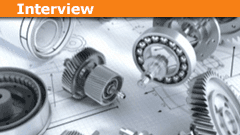
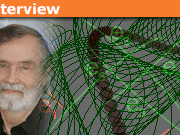
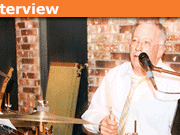

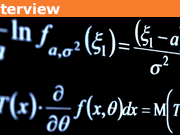
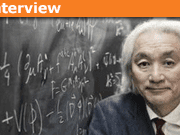
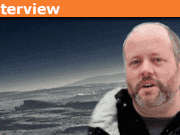


Leave a Reply
Want to join the discussion?Feel free to contribute!